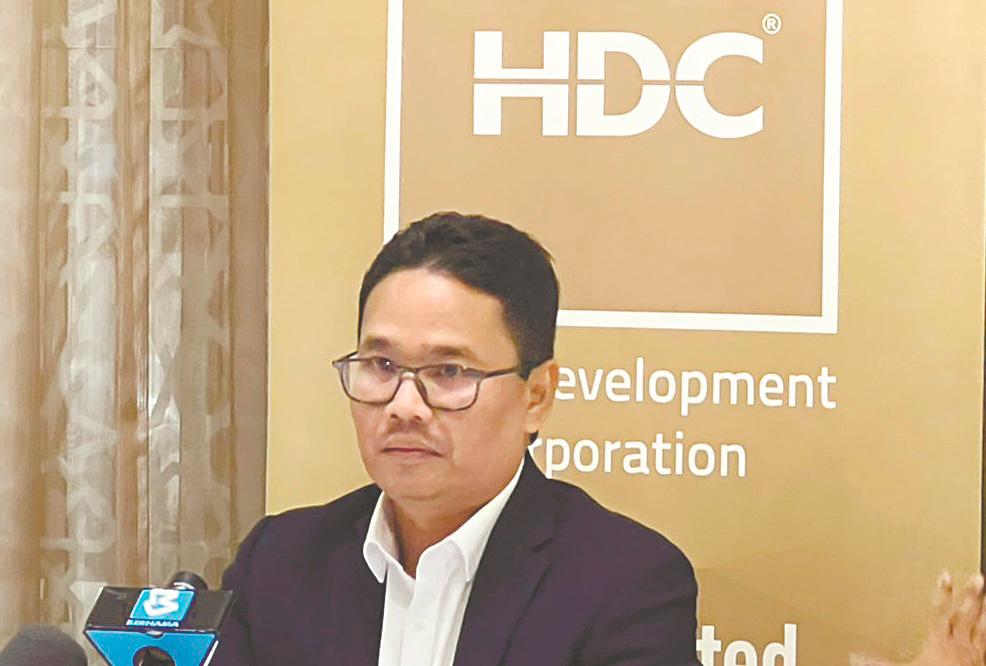KUALA LUMPUR: Malaysia is stepping up efforts to expand its halal industrial parks, with the aim of boosting local production capabilities and attracting foreign investment, particularly from multinational companies.
Halal Development Corporation Bhd (HDC) chairman Khairul Azwan Harun said this initiative is part of the country’s broader strategy to cement its position as a global leader in the halal industry, leveraging its established infrastructure and strategic location.
He explained that government bodies such as the Ministry of Investment, Trade and Industry (Miti) and the Malaysian Investment Development Authority (Mida), along with industry players, are focusing on strengthening Malaysia’s supply chain, particularly in sectors related to food, beverages, and consumer products. A key element of this strategy is ensuring the availability of local raw materials, which plays a critical role in attracting foreign companies.
“If foreign companies need to import significant amounts of raw materials, it creates double costs, which we are aiming to minimise.
“Our goal is to ensure that companies can rely on locally sourced materials, reducing production costs and enhancing Malaysia’s competitiveness,” Khairul Azwan said during a media session with HDC at the Malaysia International Trade and Exhibition Centre today.
He also highlighted that HDC, alongside the government, is developing new incentives for both foreign and domestic investors. These incentives include tax benefits, allowances, and infrastructure improvements, all designed to make Malaysia a more attractive destination for foreign direct investment, especially within the halal sector.
“We are committed to providing the necessary incentives to strengthen Malaysia’s position as a global hub for halal products.
“This includes expanding our halal industrial parks to accommodate more investors and ensuring that the supply chain supports their growth,” said Khairul Azwan.
He pointed out that palm oil-based products are a key area of focus within the Halal Industrial Parks, given their significance to Malaysia’s industrial landscape.
“These products serve as key components in food production and other consumer goods. Palm oil and its derivatives play a crucial role in our halal production. By enhancing the infrastructure around this resource, we can offer more value to foreign investors,” he added.
As Malaysia seeks to attract more foreign companies, particularly from China, Khairul emphasised the importance of improving the local supply chain.
“Ensuring the availability of raw materials will allow these companies to set up operations in Malaysia without incurring extra costs from importing goods,” Khairul Azwan remarked.
In addition, he said that the government is exploring potential improvements to the Halal Industrial Parks that includes increasing capacity for production and export, further positioning Malaysia as a leader in global halal exports.
“We are also working on streamlining processes and creating more efficient halal parks, with a strong focus on export potential. This is part of a broader strategy to meet growing global demand for halal products and services,” he said.









